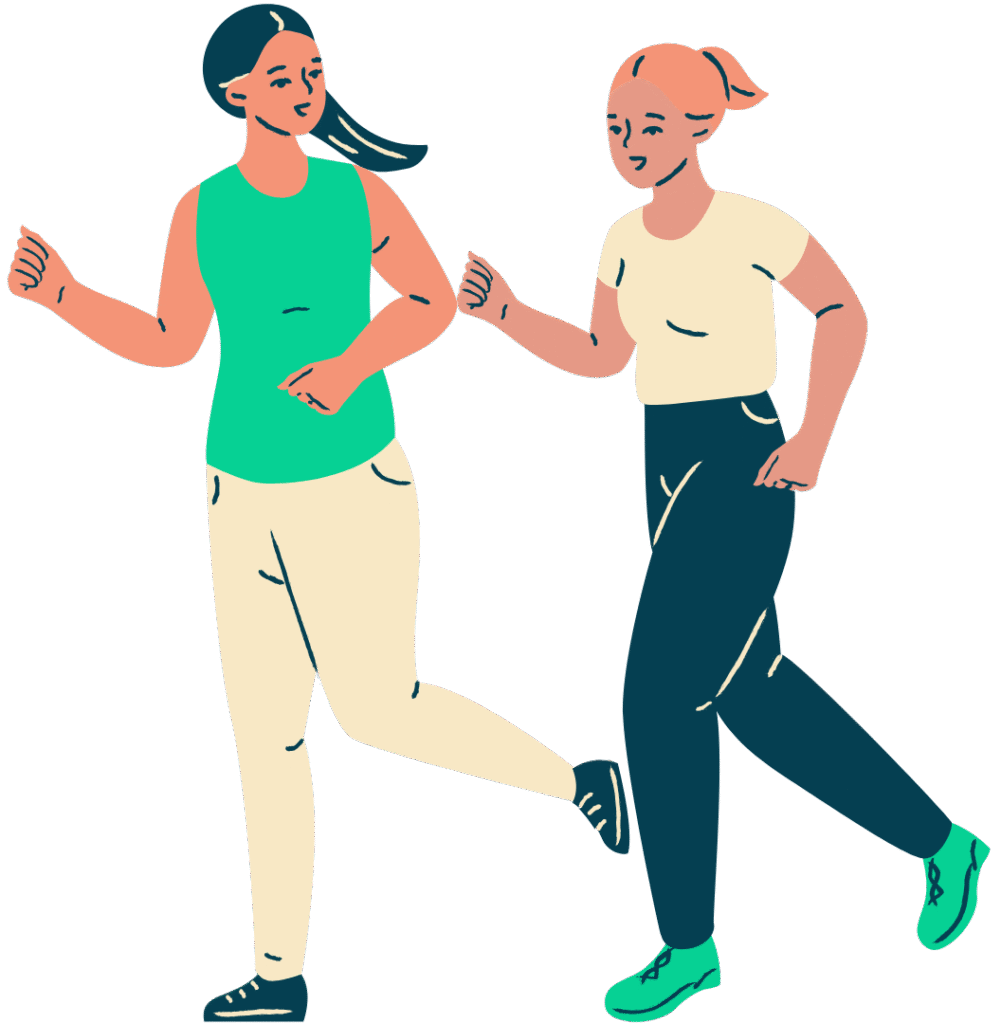Couples who master the subtle art of relationship feedback loops don’t just enjoy smoother marriages—they actually rewire each other’s bodies and brains, creating a survival advantage that modern science is only beginning to unravel.
Story Snapshot
- Romantic partners can synchronize their stress levels and emotional states, directly affecting each other’s mental health.
- Perceived partner responsiveness serves as an enduring buffer against anxiety, depression, and even physical illness.
- Positive dyadic coping and physical intimacy accelerate recovery from stress and build long-term resilience.
- Relationship feedback loops are so powerful, they may be as vital as therapy for protecting and restoring mental health.
How Couples’ Feedback Loops Shape Each Other’s Minds and Bodies
Scientists observing couples in action have identified what they call “physiological linkage”—partners’ heart rates and cortisol levels begin to mirror each other, especially during moments of emotional exchange. This is not just emotional mirroring; it’s a real-time, biological duet. Couples in high-quality relationships demonstrate the steepest declines in stress over time. Their nervous systems literally co-regulate, with one partner’s support directly accelerating the other’s stress recovery. These findings reveal that marriage is not just an emotional partnership, but a shared regulatory system, quietly calibrating both partners’ wellbeing every day.
Couples who achieve this synchrony don’t just enjoy fleeting bursts of happiness—they build upward spirals of wellbeing. The circular process of relationship feedback loops means that every act of care, every moment of responsiveness, generates a positive echo: support breeds more support, calm begets calm. Over decades, this creates a self-reinforcing system that acts as a shield against life’s relentless stressors. It’s a radical contrast to downward cycles where neglect or misunderstanding can amplify distress, setting off negative feedback patterns that erode both partners’ mental health.
Partner Responsiveness: The Secret Antidepressant
Decades of research point to one core factor fueling these positive cycles—partner responsiveness. The feeling of being understood, appreciated, and supported by a loved one is a powerful predictor of both physical and mental health. A landmark study tracking over 1,000 couples for 20 years found that higher perceived responsiveness predicted lower mortality, better psychological wellbeing, and improved physical health. The mechanism is simple yet profound: when partners feel truly seen, they gain confidence in handling adversity, reducing the emotional impact of daily stressors. This buffer effect persists across the lifespan, offering sustained protection against anxiety and depression.
Higher partner responsiveness also drives a sense of control, encouraging each individual to take healthy risks and pursue personal growth. Relationship scientists have shown that these effects are not merely psychological—they’re biological. Couples who practice regular physical intimacy, such as hand-holding or hugging, show accelerated recovery from stress, with cortisol levels dropping by up to 28% for women and faster returns to baseline for both sexes when supported by their partner’s touch.
Dyadic Coping: When Two Become Stronger Than One
Couples confronting adversity together engage in what psychologists call dyadic coping. In these moments, the way partners manage stress together—whether through shared problem-solving or simply mutual empathy—can dramatically shape both individuals’ mental health. A revealing study of 288 couples facing infertility found that positive dyadic coping not only reduced their own anxiety and depression, but also decreased their partner’s psychological distress. The effect was so significant that one partner’s coping strategy could improve the other’s mental state even more powerfully than their own efforts alone.
Conversely, negative dyadic coping—where stress is met with criticism or withdrawal—amplifies distress for both individuals. The implication is clear: the health of the relationship becomes a shared resource, or a shared vulnerability, depending on the feedback loops established. Couples who master positive coping strategies create a fortress of resilience, where setbacks are buffered not just individually but collectively, accelerating recovery and deepening connection.
Long-Term Rewards: Resilience That Outlasts Romance
Feedback loops in relationships do not just provide short-term emotional perks; they lay the foundation for lifelong resilience. Longitudinal studies confirm that couples with high relationship satisfaction experience lower rates of depression and anxiety as they age. These protective effects intensify over time, suggesting that the benefits of a high-quality partnership are cumulative. Partners in these relationships develop better emotional regulation, more stable sleep, and reduced inflammatory response to stress—physiological changes that guard against mood disorders and chronic illness.
Even when adversity strikes—chronic illness, job loss, or grief—those with strong relationship feedback loops recover more quickly. Effective dyadic coping and partner responsiveness help individuals reframe challenges, maintain optimism, and rebuild after setbacks. This isn’t just a matter of comfort; it’s about fundamentally altering the trajectory of mental health, often more effectively than individual therapy alone. Therapists now recognize that integrating relationship-focused interventions can slash relapse rates and provide more durable improvements in wellbeing.
Emotional Contagion, Behavioral Cycles, and the Case for Prevention
One of the most surprising discoveries is the bidirectional nature of mental health within couples. Emotional contagion—where one partner’s mood automatically influences the other’s—creates opportunities for joy to be amplified and distress to be soothed. Daily studies show that when one partner experiences high positive affect, the other is far more likely to report a good mood as well. Even negative emotions, when met with responsive support, dissipate more rapidly thanks to these feedback mechanisms.
Behavioral reinforcement is the engine that keeps these loops running. Acts of support—whether listening, problem-solving, or affection—trigger reciprocal behaviors, creating habitual patterns of care that require less effort over time. Interventions that teach couples mindfulness and communication skills disrupt negative cycles and build new, positive ones. Prevention-focused programs show that even brief skills training can yield years of improved mental health, underlining the wisdom of nurturing relationship quality before problems escalate.
Sources:








